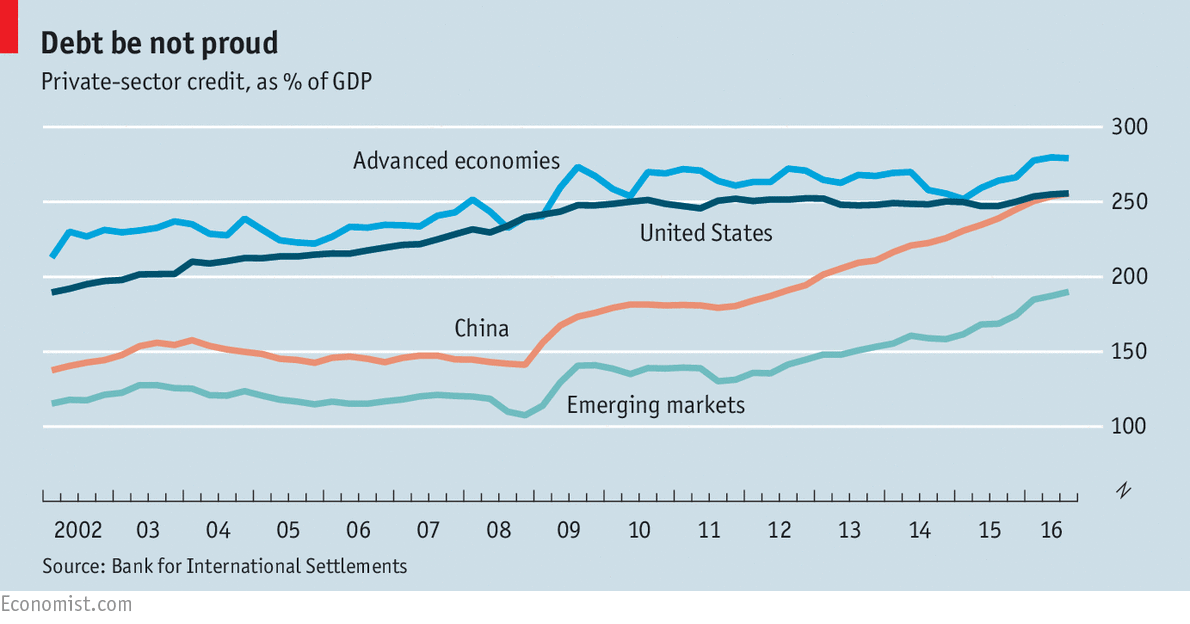Central bank proposes domestic card scheme for South Africans

The South African Reserve Bank published a consultation paper that looks into the possibility of setting up a first-ever domestic card scheme. Detractors however warned of troubles.
- South Africa’s central bank mulls a domestic card to rival Visa and Mastercard
- Central bank wants people's views on proposed domestic card scheme and its structure
- Central bank is warned against introducing domestic cards
The South African Reserve Bank (SARB) proposed to introduce domestic cards to rival Visa and Mastercard. The Free Market Foundation (FMF), a liberal think tank based in Johannesburg, warned the proposal could lead to trouble.
Central bank mulls a domestic card to rival Visa and Mastercard
South Africa has no domestic card scheme to date. Although Diners Club and American Express operate domestically through local partners, Standard Bank and Nedbank respectively, Visa and Mastercard handle the majority of card transactions worth an estimated $70 billion annually.
Visa and Mastercard have dominated the card scheme market in the country. The distribution share of South African card holders with Visa was 51% followed by its biggest competitor, Mastercard with 48%. American Express is also available in the country with 1% share of card holders.
The central bank said that it is convenient for those travelling abroad or making digital transactions due to cards being accepted anywhere online. It shared that domestic card schemes could be leveraged to better serve the unbanked market and increase competition within the payment landscape. It added that a domestic equivalent could both serve communities and manage risk to the payment system.
Wanted: people's views on proposed domestic card scheme and its structure
The plan of the central bank forms part of the National Payment System (NPS) which covers the entire payment process from payer to beneficiary and also includes settlement between banks. The consultation framework did not provide any ownership and technical structure. The process was based on studies and recommendations about cheaper alternatives to the dominant card companies as well as the country’s reliance on foreign-owned financial services companies. The purpose of the consultation paper was to obtain opinions, views and suggestions on the feasibility of establishing a domestic card scheme. It also requests stakeholders to complete an attached questionnaire.
In 2019, the central bank reported 48.8 million cards were in circulation and 5.6 billion transactions with a valuation of $147.6 billion were processed. Compared to 2018, there was an increase in volume by 16.2% and in value by 15.6%. On the other hand, the country recorded 11 million unbanked or underbanked people which comprised 23.5% of the population. Over $1.04 billion in cash is believed to be held outside of banks. According to TransUnion’s 2020 report, the volume of accounts with credit card is 7 million wherein the credit lines per account increased by 9.6% year-on-year.
Credit card is the most common payment method in the country, accounting for 41% of e-commerce transactions, followed by bank transfers at 20%, and cash payment at 11%.
Central bank is warned against introducing domestic cards
FMF stated that introduction of domestic card and payment scheme would not guarantee that consumers in the country will receive better services or lower costs. On its website, the FMF said it is an independent public benefit organisation that promotes and fosters an open society, the rule of law, personal liberty, and economic and press freedom. It believes the direct participation to the market of the central bank would disrupt the market structure and innovative processes for all future card schemes either international or domestic. Regulatory sector might affect the proscription of better designs from entrepreneurial activities due to its excessive involvement. It might also risk the path dependent lock-in of a business model that is potentially more dependent on regulatory processes for its adaptation to a constantly changing economic environment.
Once implemented, FMF has cautioned about several risks. It warned that regulators may crowd out competition, be tempted to use its powers to regulate against or even outlaw competitors in order to become more efficient or become more competitive, or be tempted to abuse certain citizens or groups of citizens by misuse of personal information associated with the use of credit cards.
FMF also shared, “Once again, the statutory implementation of a domestic card scheme would not ensure that South Africans receive either better service or lower real costs. A card scheme that receives special regulatory treatment or implicit subsidies would not be a genuine low-cost operator”. The potential troubles as laid down by FMF can be addressed through risk assessment by the government of the country with the help of its statutory laws so they can balance the interests of consumers and concerns of other agencies with regard to the risk.
Keywords: Credit Card, Domestic Cards, Cashless
Country: Africa
Region: South Africa











Leave your Comments